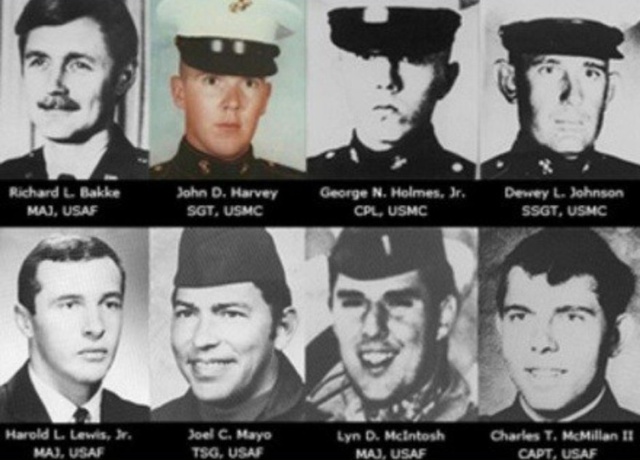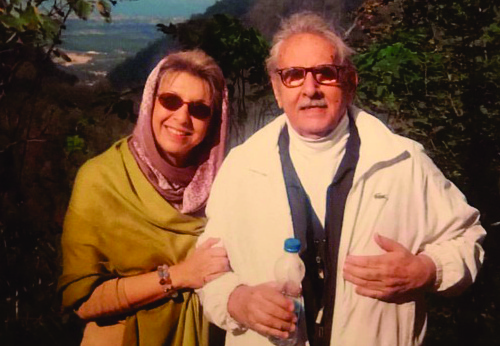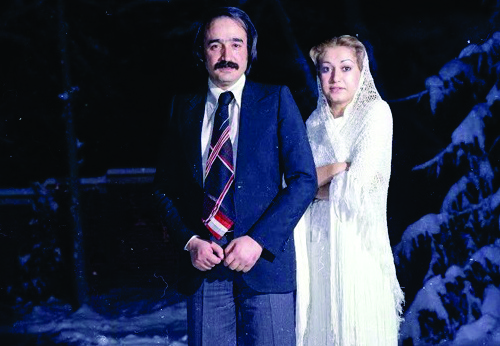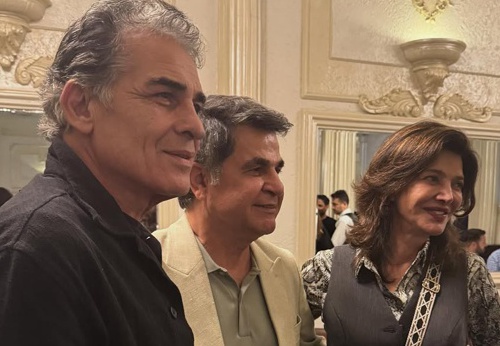How a Failed Mission Reshaped U.S. Power
While the mission was not a success, significant lessons were learned, which eventually led to the United States Special Operations Command (USSOCOM) and its USAF component, the Air Force Special Operations Command (AFSOC) to be established. The failed mission contributed to Carter’s loss in the 1980 U.S. presidential election to Ronald Reagan, who capitalized on the perception of American weakness abroad.The mission’s failure exposed deficiencies in U.S. inter-service coordination, planning, and readiness for complex special operations.
In response, the U.S. established U.S. Special Operations Command (SOCOM) and Delta Force was further developed. Training, equipment, and doctrine for special operations forces were overhauled to ensure greater effectiveness in future missions. The Goldwater–Nichols Act (1986) and reforms in military command structures were influenced, in part, by the lessons of Eagle Claw.





